The Pope's visit to Budapest
Between 28 and 30 April, Pope Francis travelled to Hungary on an apostolic visit. During that time, he met with Hungarian leaders, visited the faithful and immigrants, and celebrated a large open-air mass in front of the parliament.
Welcomed at the airport on Friday 28 April by the Christian Democrat Deputy Prime Minister Zsolt Semjén and Foreign Minister Péter Szijjártó, the Pope then visited Hungarian President Katalin Novák. Afterwards he went to meet Prime Minister Viktor Orbán, meeting also with representatives of the civil society and the diplomatic corps.
On Friday afternoon, Pope Francis met with priests and seminarians at the Basilica of St Stephen in Pest. In his first speech of the trip, Francis recalled that Budapest:
is not only a noble and lively metropolis, but also the scene of great historical events [...] it is called to play a leading role in the present and in the future. [...] Born in times of peace, it has also experienced brutal conflicts: not only the invasions of the past, but also, more recently, the acts of violence and oppression perpetrated by the Nazi and communist dictatorships. [...] But these periods were also marked by the heroism of many 'righteous' people ... and later by the great resilience and commitment of the people in the work of reconstruction. Thus today Budapest is one of the European cities with the largest Jewish population, and the heart of a country that recognises the value of freedom and [...] is conscious of its mission to preserve the treasure of democracy and the dream of peace...
The Pope went on to praise the "essential role" played by Hungary in Europe, adding that "at this historic moment, Europe is crucial, because thanks to its history, it represents the memory of humanity", and called for "the European spirit to be rediscovered: the enthusiasm and vision of its founders". Commenting on the construction of Europe, the Pope said that "the Europe of 27, built to create bridges between nations, requires the contribution of all, without diminishing the singularity of each one.
The Pope then accused the European institutions, which are increasingly pushing for federalism, saying that they must not "resort to a fluid, even insipid 'supranationalism' that loses sight of the lives of its peoples."
On Saturday 29 April, Pope Francis began by visiting an institution for handicapped children, then went to meet the faithful and refugees. Following that, he visited Catholics in the East, before meeting tens of thousands of young people in the László Papp stadium in Budapest in the afternoon.
Finally, on Sunday 30 April, Francis held an open-air Mass in Budapest's Parliament Square, before meeting with academics at the Péter Pázmány Catholic University.
It was a long and intense visit, which contrasted with that of 2021, when the Pope only stayed on Hungarian soil for seven hours during the World Eucharistic Congress in September. It is undeniably a turning point in the relations between Budapest and the Vatican.
Since 2015, the relations between Hungary and the Pope have not been good, with Pope Francis speaking out against Hungary's policy on illegal mass immigration. This time, the Pope did not lecture the conservative government of Viktor Orbán during his visit. His opening speech during the homily on Kossuth Square was quickly interpreted in the left-wing media as a call to accept immigration. Yet this was a misunderstanding of the Pope's words, which call on Christians to open up to the Other, denouncing in particular indifference and individualism in general, including among Christians.
For several years, Viktor Orbán has been pursuing a policy of appeasement and rapprochement with the Catholic Church, which he supports massively in Hungary. Today, the Vatican is Hungary's only ally in Europe in the "pro-peace position" on the war in Ukraine, described by Orbán and based on the idea of an immediate ceasefire and talks with the European Union as mediator.
The tug of war with the US continues
In early April, a confidential Pentagon memo leaked. According to the Washington Post:
a leaked 'intelligence update from the CIA operations centre' indicates that Hungarian Prime Minister Viktor Orbán singled out the United States as one of his party's 'three main adversaries' during a political strategy session on February 22, citing the U.S. embassy in Budapest. The comment 'constitutes an escalation of the level of anti-American rhetoric in his speech', the intelligence update said. The Hungarian government press office did not respond to questions over the Easter weekend. The right-wing populist leader has stepped up his anti-American public statements since President Biden took office, regularly expressing admiration for former President Donald Trump. In his first post on Twitter after joining the social network last year, he mentioned his 'good friend' Trump, before describing him as the only 'hope for peace' in Ukraine in an interview a few days later.
On 12 April, US Ambassador David Pressman announced sanctions against the International Investment Bank (IIB), a Soviet-era Russian equivalent of the IMF, which has been based in Budapest since 2019. As a major shareholder, Hungary withdrew from the Bank following the sanctions. But that is not all. Through an influential organisation based in Hungary, the United States has also launched a communication campaign that uses the font and colour codes of the official Hungarian government communication. The message uses a slogan of the 1956 Hungarian insurgents, "Russians, go home", and adds that "peace will only be possible when the Russian occupation troops leave". This operation was not well received in Hungary, where 91% of the population wanted a ceasefire and peace negotiations to be imposed immediately, and where the agitating role of the United States during the insurrection and earlier, as well as Hungary's abandonment during the repressions, were not forgotten.
Refusing questions from the press, except from the opposition media RTL, the ambassador did not comment on the eavesdropping by allied governments.
Hungary bans Ukrainian grain imports
Hungary and Poland have just taken an identical decision regarding Ukraine by banning the import of Ukrainian agricultural products. This decision was denounced by the European authorities and comes after several months of the EU turning a deaf ear to the problems caused to Central European farmers by the massive increase in Ukrainian imports.
Read also
Monthly Country Report: Hungary
On 8 June, the interior ministers of the 27 EU Member States approved by a qualified majority in Brussels a migration agreement that the European Commission described as "a historic agreement reached this evening between Member States on two key texts of the Pact on Migration and Asylum".
Ferenc Almássy
Digital Service Act: Censorship, the new value of the European Union
The entry into force of the Digital Service Act (DSA) at the end of August marks a worrying turning point in the development of the European Union and its relationship to freedom of expression.



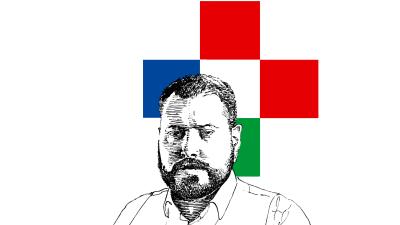

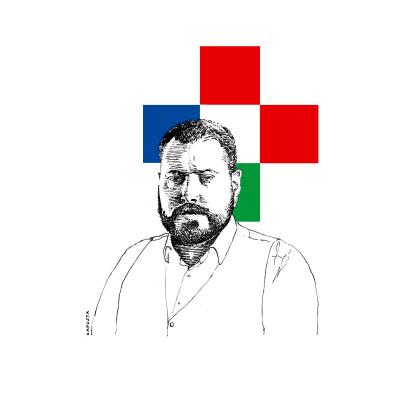
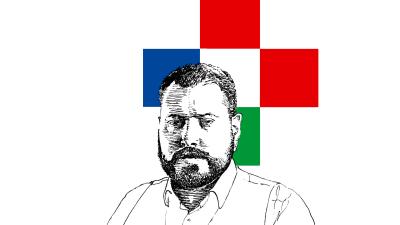

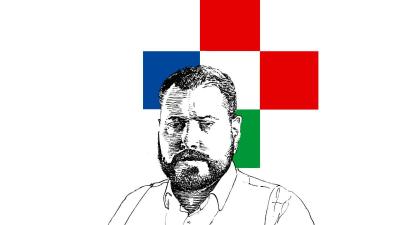

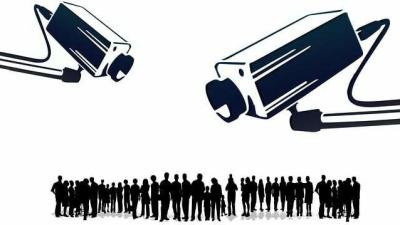

Comments (0)